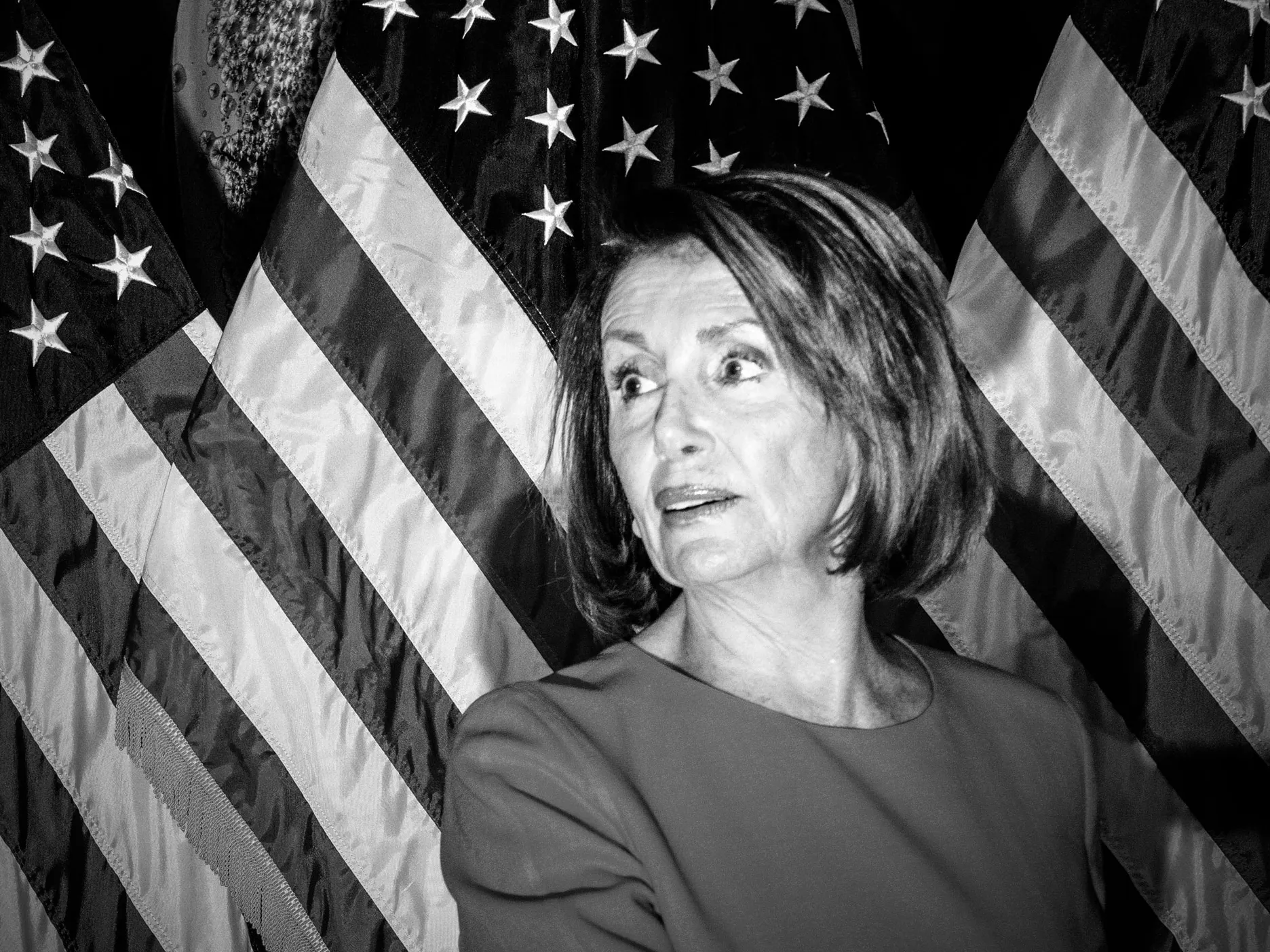Radical Marxist Nancy Pelosi (D-CA) is doing a victory lap over the indictment of President Donald Trump and is exposing her true colors of the haughty elite push for control and domination over the free people of the United States of America.
“Due process of law is an application by the state of all legal rules and principles pertaining to the case so all legal rights that are owed to the person are respected. Due process balances the power of the law of the land and protects the individual person from it.”
Gone is the liberal or enlightened idea that Americans have civil liberties, including due process, from the minority leader’s point of view.
Pelosi doesn’t understand that American are innocent until proven guilty.
The presumption of innocence until proven guilty means that the burden of proof is always on the government to satisfy you that [defendant] is guilty of the crime with which [he/she] is charged beyond a reasonable doubt.
We know that the left pushed Alvin Bragg to go right past reasonable doubt to create a Maoist-style struggle session, where they apparently believe they will hold Trump captive and have more of their soviet style show trials:
Does this sound familiar?
According to WIKI:
Struggle sessions or denunciation rallies were violent public spectacles in Maoist China where people accused of being “class enemies” were publicly humiliated, accused, beaten and tortured by people with whom they were close.[1][2] Usually conducted at the workplace, classrooms and auditoriums, “students were pitted against their teachers, friends and spouses were pressured to betray one another, [and] children were manipulated into exposing their parents”.[2] Staging, scripts and agitators were prearranged by the Maoists to incite crowd support.[1] The aim was to instill a crusading spirit among the crowd to promote the Maoist thought reform. These rallies were most popular in the mass campaigns immediately before and after the establishment of the People’s Republic of China and during the Cultural Revolution.[3][4]
The denunciation of prominent class enemies was often conducted in public squares and marked by large crowds of people who surrounded the kneeling victim, raised their fists, and shouted accusations of misdeeds.
Struggle sessions developed from similar ideas of criticism and self-criticism in the Soviet Union from the 1920s. Chinese communists resisted this at first, as struggle sessions conflicted with the Chinese concept of ‘saving face‘. However, these sessions became commonplace at Chinese Communist Party (CCP) meetings during the 1930s due to public popularity.[6]
Struggle sessions emerged in China as a tactic to secure the allegiance of the Chinese people during the land reform (土地改革, tǔdì gǎigé) campaign.[7] That campaign sought to mobilize the masses through intensive propaganda followed by “speak bitterness” sessions (訴苦, sùkǔ, “give utterance to grief”) in which peasants were encouraged to accuse land owners.[citation needed]
Development and disuse
The strongest accusations in the Speak Bitterness sessions were incorporated into scripted and stage-managed public mass accusation meetings (控訴大会, kòngsù dàhuì). Cadres then cemented the peasants’ loyalty by inducing them to actively participate in violent acts against landowners. Later struggle sessions were adapted to use outside the CCP as a means of consolidating its control of areas under its jurisdiction.[8][9][10]
Struggle sessions were disowned in China after 1978.
And now we have them here in the United States.
